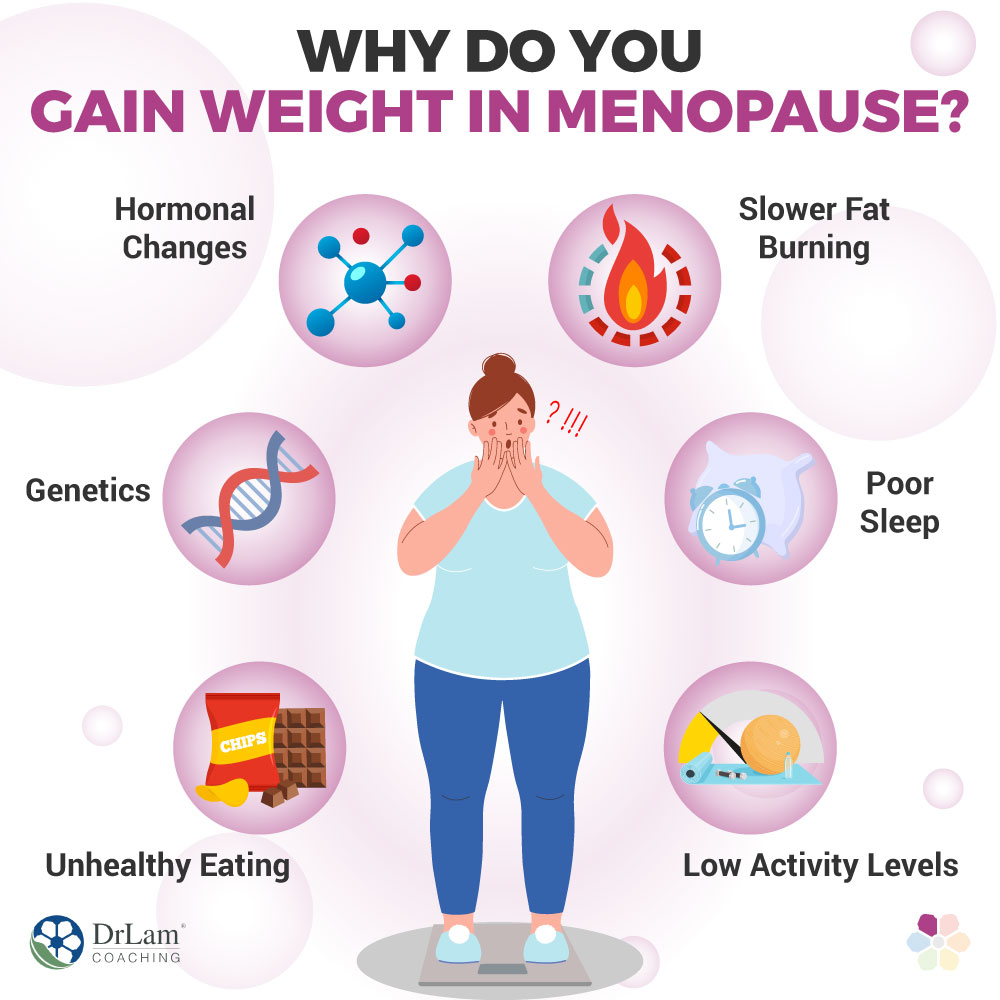For many women, menopause is accompanied by weight gain, hormonal changes, and emotional shifts that feel overwhelming and irreversible. The common belief that weight loss after menopause becomes nearly impossible. It discouraged countless women from even trying. But that narrative is changing—and fast.
Here are 7 powerful truths about weight loss after menopause that challenge the myths and inspire a healthier, stronger life at any age.
1. Weight Loss after Menopause Is Possible
A widely accepted myth is that menopausal or postmenopausal women cannot lose weight. But the truth is, with the right approach, women in their 40s, 50s, and even 60s can shed significant weight. Through disciplined nutrition, exercise, and support systems, many women have successfully lost 15–20 kg or more, even reversing long-term conditions like diabetes.
2. Emotional Health Is Just as Important as Physical Health
Menopause is often an emotional crossroads. Many women experience a sense of emptiness once their children move out or their role as a caregiver shifts. This emotional void can lead to depression or apathy toward health. However, engaging in purposeful health routines—like journaling, structured programs, and self-care—can transform not only the body but also the mind.

3. The First Few Months Are Critical—and Life-Changing
Real transformation begins in the early months. Many women see dramatic results—like a drop in blood sugar levels or losing the first 4–5 kg—within the first few weeks. This initial success fuels motivation. With a structured diet and consistent lifestyle changes, one woman reported going from 185 fasting sugar levels to below 140 within just a week.
4. Skin Sagging After Weight Loss after menopause Isn’t Inevitable
A common fear is that losing weight quickly will lead to sagging skin and a tired appearance. In reality, a balanced diet rich in greens, nuts, seeds, and healthy fats can improve skin texture and tone. Adding exercise, especially strength training, also helps tighten muscles and skin, reducing the signs of aging.
5. Gym Workouts Are Game-Changers—Even if You’re New to It
Home workouts and casual walks are a great start, but for women navigating menopause, regular gym workouts—especially resistance training—can be life-changing. As estrogen levels decline, women naturally lose muscle mass and gain fat, making it harder to maintain a healthy weight and energy levels. This is where strength training steps in.

Lifting weights or using gym machines not only builds lean muscle, which in turn raises your resting metabolic rate, but also improves bone density, helping to counteract the risk of osteoporosis. For women who had never set foot in a gym before, the initial hesitation was real—fearing injury, embarrassment, or simply not knowing where to begin. But once they committed, many reported feeling stronger, more confident, and even emotionally more stable, thanks to the endorphin release that comes with a solid workout.
What’s more, joining a gym or group class can provide a sense of community and accountability, both of which are critical during emotionally vulnerable times. One hour in the gym can set the tone for the rest of your day—helping you feel energized, productive, and more in control of your life and body.
6. Support From Family and Community Makes a Huge Difference
Sustainable health changes rarely happen in isolation. Support from spouses, siblings, and friends can be a turning point. Whether it’s help preparing special meals or emotional backing during challenges, a supportive circle ensures accountability and motivation. Group-based health programs also offer connection and inspiration from peers going through the same phase of life.
7. Inner Transformation Fuels Outer Change
Weight loss isn’t just about counting calories—it’s a full-spectrum journey. For menopausal women, success often lies in re-centering emotionally, rediscovering confidence, and reclaiming personal identity. Structured health programs that incorporate inner transformation—like journaling and reflection—help women let go of past baggage and develop long-term self-discipline.
A Final Word
Menopause is not the end—it’s a new beginning. Whether you’re facing stubborn weight, fluctuating moods, or chronic conditions like diabetes, it’s never too late to take control. With the right mindset, structured approach, and strong support, the second half of life can be the healthiest, most empowered phase yet.
Stay tuned with UState Pulse for more inspiring wellness insights.